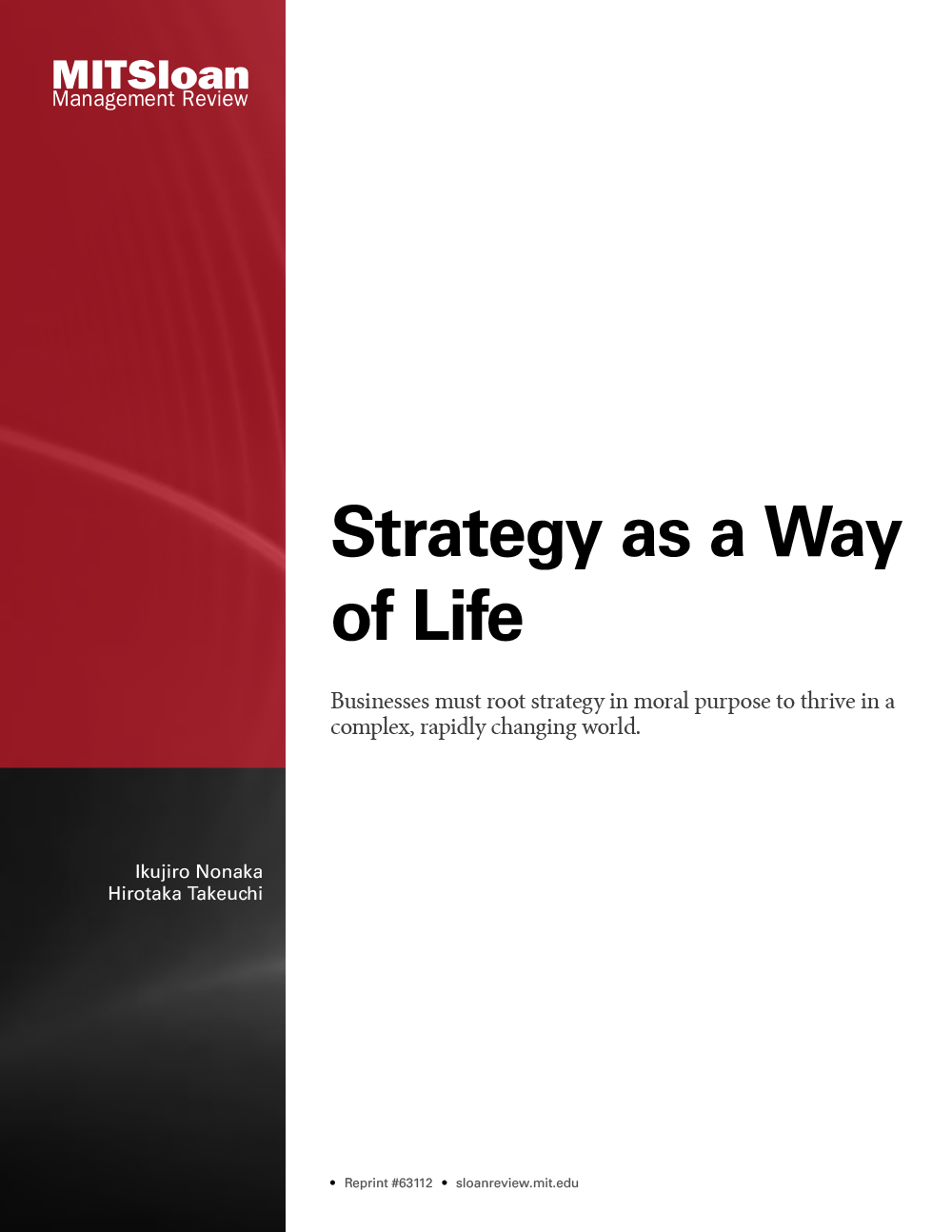
The Business of Sustainability: What It Means to Managers Now
Sustainability is garnering ever-greater public attention and debate. However, the business implications
of sustainability merit greater scrutiny and scrutiny of a different kind than the “green”-oriented focus
that’s most common. Will sustainability change the competitive landscape and reshape the opportunities
and threats that companies face? If so, how? How worried are executives and other stakeholders
about the impact of sustainability efforts on the corporate bottom line? What–if anything–are
companies doing now to capitalize on sustainability-driven changes? And what strategies are they pursuing
to position themselves competitively for the future?
To begin answering those questions, MIT Sloan Management Review and collaborator The Boston
Consulting Group conducted in-depth interviews with more than 50 global thought leaders, followed
by the Business of Sustainability Survey of more than 1,500 worldwide executives and managers about
their perspectives on the intersection of sustainability and business strategy, including their assessments
of how their own companies are acting on sustainability threats or opportunities right now.
The study identifies three major barriers that impede decisive corporate action: a lack of understanding
of what sustainability is and means to an enterprise; difficulty modeling the business case; and flaws
in execution, even after a plan has been developed. The study also reveals that while novice practitioners
think of sustainability mostly in environmental and regulatory terms, with any benefits stemming
chiefly from brand or image enhancement, practitioners with more knowledge tend to consider the economic,
social and even personal impacts of sustainability-related changes in the business landscape.




